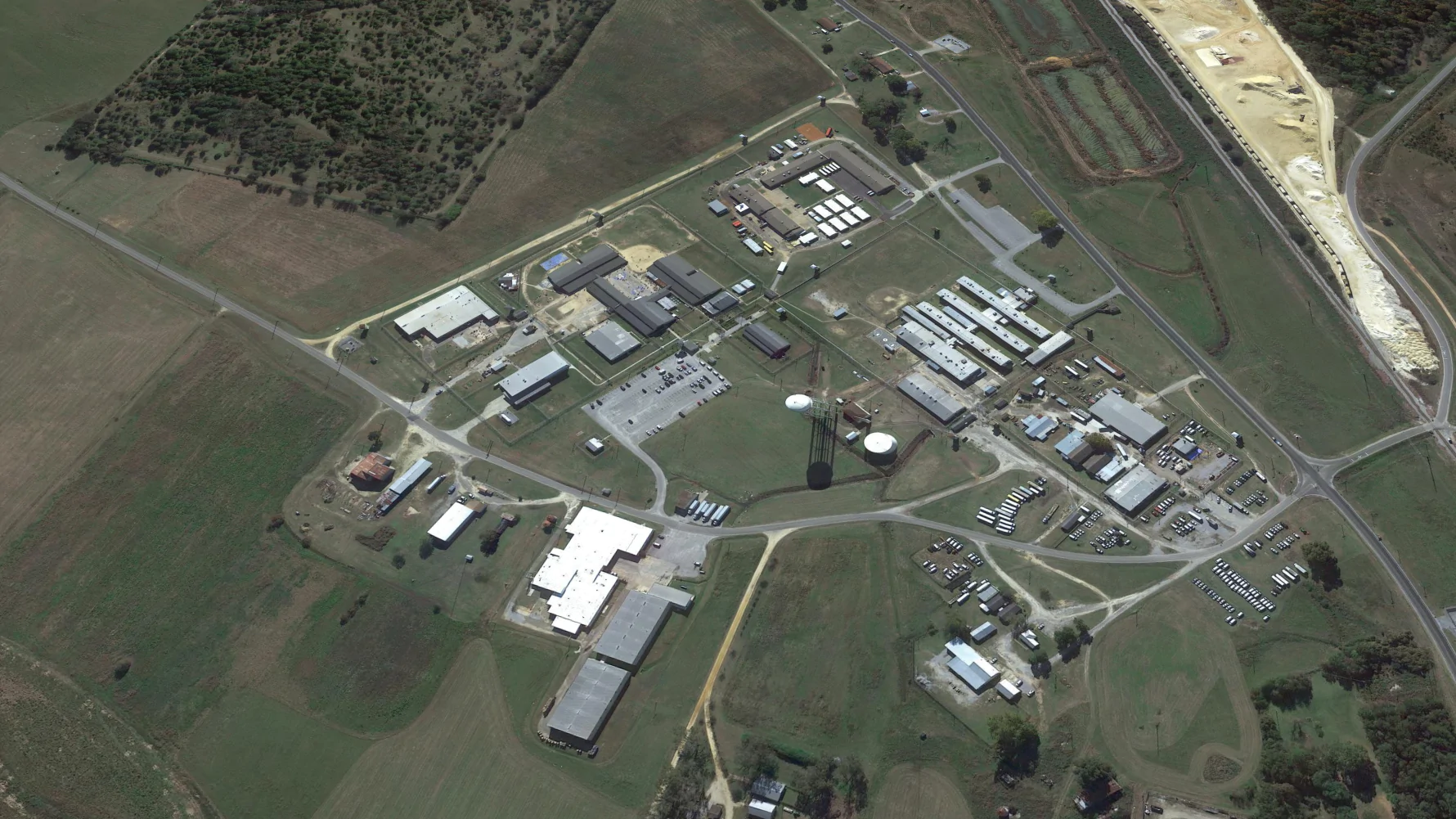After a rise in COVID-19 cases at Staton Correctional Facility in Elmore, the Alabama Department of Corrections tested all asymptomatic incarcerated men there, and 75 tested positive for the virus.
Those incarcerated men were tested on Nov. 9, ADOC said in a press release, noting that all 1,297 prisoners agreed to be tested. Three more incarcerated people tested positive for COVID-19, one at Donaldson Correctional Facility and two at Draper Quarantine Intake Facility.
Alabama prisons are overpopulated and understaffed, as noted in the U.S. Department of Justice’s lawsuit against Alabama, alleging the state is violating incarcerated men’s constitutional protections from abuse.
Staton prison was at 265 percent capacity in September, the most recent month for which ADOC has made that data available. The prison was designed to house 508 men but held 1,399 in September.
Alabama prisons in June were the fifth-deadliest per capita in the nation when it came to prisoners dying from COVID, according to The Marshall Project and The Associated Press.
There have been 2,202 confirmed COVID cases and 69 COVID deaths among incarcerated people in Alabama prisons, according to ADOC’s data. Three prison workers have died of COVID, and 1,214 tested positive for the virus.
ADOC was slow to begin making COVID-19 vaccines available for incarcerated people. The department began vaccinating some prisoners on March 31, when, by that time, incarcerated people had been eligible for vaccinations for 51 days under the Alabama Department of Public Health’s guidelines.
There were nearly 18,000 prisoners in Alabama in September, according to ADOC’s monthly report. As of Nov. 5, ADOC had vaccinated 11,948 incarcerated people, according to ADOC.
Inmates are among the most vulnerable population from coronavirus, due to an inability to social distance inside prisons, and should be prioritized for vaccinations, according to the American Medical Association.



















































